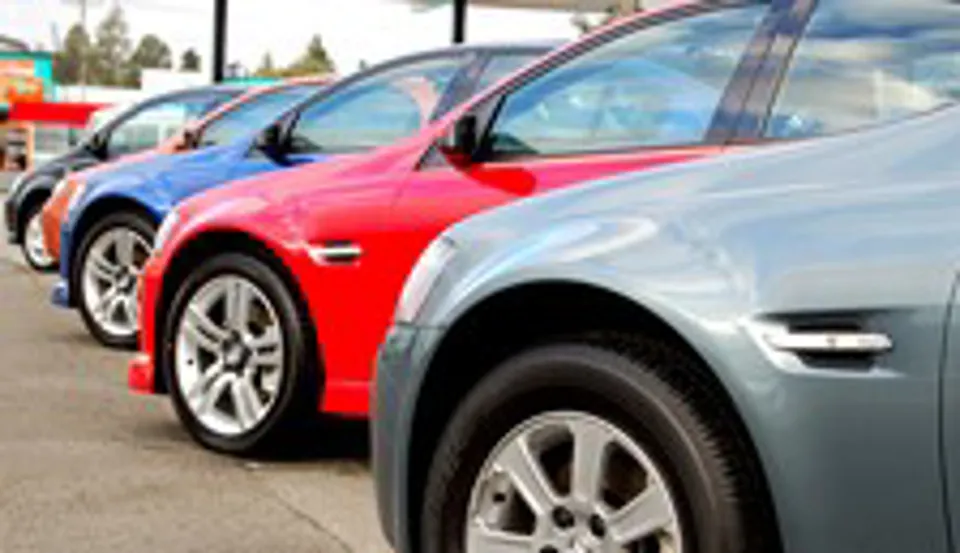Average used car prices fell by 2.4% in 2012 down £217 to £8,806, according to the latest Auto Trader Retail Price Index.
This follows a fall in used car prices in 2011 of 1.5% (£136). In Q4 2012, the average price of £8,912 was up 1.7% (£148) on Q4 2011 and at the highest level since Q2 2011
The biggest falls in average asking prices in 2012, when compared with 2011, occurred in the South East, down 4.7% (to £9,153); the West Midlands, down 4.6% (to £8,242) and London down 4.1% (to £9,124).
The highest average asking prices, at £9,666 and £9,646, were to be found in Scotland and Northern Ireland respectively.
Examples of falls in average prices in vehicle segments in 2012, when compared with 2011, include compact MPVs, down 3.0% (to £6,383); premium lower medium, down 4.9% (to £10,658); premium superminis, down 5.6% (to £8,250) and convertibles, down 9.8% (to £6,375).
Prices of small cars and superminis experienced very slight increases and the only significant increase was for coupes, up 7.2% (to £8,464).
Meanwhile petrol engined cars fell 5.2% (to £6,889) with diesels performing slightly better, down 4.5% (to £11,386).
Tim Peake, group strategy director, Trader Media Group said: “Although the average price was down 2.4% when compared with the previous year there were signs of a recovery in Q4.
“After six quarters of negative year-on-year growth an increase of 1.7% is encouraging as in previous years average prices have been at their lowest in Q4, a reflection of seasonal trends.”
Meanwhile, according to the Q4 2012 Auto Trader Owners’ Guide: ‘Future of Motoring’ report soaring motoring costs threaten the future of driving as the young are priced off the road. Auto Trader surveyed 3,495 motorists for the report which reveals that some hard-hit car owners worry that motoring costs - including petrol, insurance and driving related taxation - will double over the next ten years to reach as much as £4,580 per year.
Nearly three quarters (71%) of respondents believe it will be extremely difficult for young people to buy a car in the future, and over half (53%) of 17-24 year olds believe there will be a decrease in the number of young people learning to drive over the next decade.
Young female drivers are set to lose out the most following the introduction of new European laws banning insurers from calculating rates based on gender. The new ruling could result in a 25% increase in the annual cost of insurance for young female drivers. Almost half of respondents (49%) believe they will be forced to reduce the amount they drive while 98% feel the government is not doing enough to support future road users.















Login to comment
Comments
No comments have been made yet.